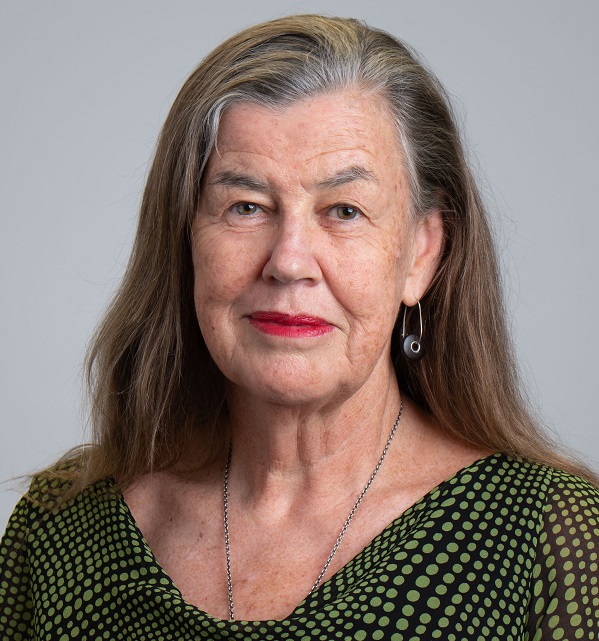Distinguished Professor Philippa Howden-Chapman

Philippa Howden-Chapman (FRSNZ) is a Sesquicentennial Distinguished Professor of Public Health at the University of Otago, Wellington, where she teaches public policy.
Philippa is co-director of He Kāinga Oranga/Housing and Health Research Programme and director of the New Zealand Centre for Sustainable Cities where she has had a major influence on housing, health and energy policy.
Philippa has a strong interest in reducing inequalities in the determinants of health and has published widely in this area, receiving a number of awards for her work, including the Prime Minister’s Science Team Prize in 2014. She was chair of the WHO Housing and Health Guidelines Development Group and is currently chair of the ISC Committee on Urban Health and Wellbeing: a systems approach and a director on the Board of Kāinga Ora-Homes and Communities.
Q. Why did you join the panel?
I think it’s important to help people understand the effects of inequality in society in a wide range of areas. I have been working on overseas comparisons of inequality, but I wanted to do something to reduce this in New Zealand.
Q. What do you bring to the panel?
Many people associate me with highlighting that damp and mouldy houses lead to high rates of respiratory and infectious illnesses. I’ve often spoken about that. But my path into housing was actually through mental health. I started my career as a clinical psychologist working in alcohol and drug addiction and the difficulty these people have getting into affordable, quality homes. If you’re in a position where you lose your housing, you need lots of support and to be pretty robust for it not to affect your mental health. Many people move home for happy reasons, but for those who are uprooted and shunted from pillar to post, or have no agency or choice over their housing, it is particularly stressful.
Many people have brief periods of low income, but have never been evicted. It’s important for everyone to understand the experience of people for whom this has happened, and in terms of the panel, to frame the evidence to support the provision of warm, dry, safe, secure housing.
Q. Where is the future likely to drive us if there isn’t any change?
There are plenty of examples of inequality in New Zealand. Recently, a woman in the Hutt Valley with six children was evicted from her home to make way for a road. In many places overseas, public or private, that wouldn’t be allowed without equivalent housing being provided.
In New Zealand, housing has remained largely private and until recently hasn’t received the large-scale public investment seen in other countries, such as in Netherlands after the War. While the emphasis on public housing is right, we also need to ensure more security in private housing. I’m thinking of the Healthy Homes Guarantee Act and regulating the necessity for safe, warm, dry, affordable homes - without mould - to be achieved as a basic right.
Q.Are there grounds for optimism?
In terms of improving the quality and supply of public housing - yes. In terms of improving the quality of rental housing we’re making slow progress - maybe. In terms of acting swiftly on the evidence of how we build zero-carbon homes and communities - no.
Philippa Howden-Chapman
Distinguished Professor
Many people move home for happy reasons, but for those who are uprooted and shunted from pillar to post, or have no agency or choice over their housing, it is particularly stressful.
